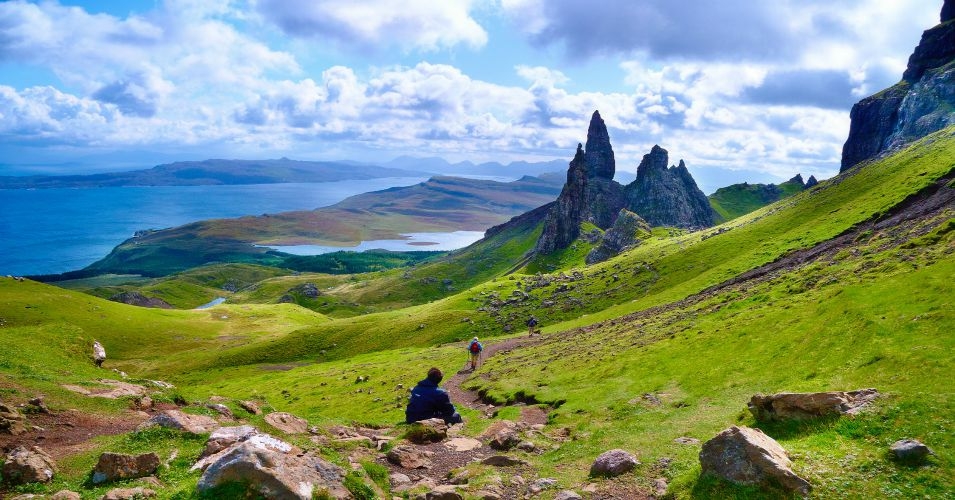Published on Wednesday, September 18, 2013 by Common Dreams
Activists scale Gazprom rig, vowing to halt oil exploration and extraction in the fragile region, but are arrested after coast guard intervenes amid live fire

“This is what oil company ‘protection’ looks like in the Russian Arctic,” tweeted Greenpeace along with this photo.(Photo: pic.twitter.com/QpiOvNUiuz)
Fulfilling repeated vows to continue their fight against the oil and gas industry's mad rush to exploit newly accessible offshore regions of the Arctic, Greenpeace activists from aboard the group's larger ship, the Arctic Sunrise, used smaller boats at daybreak to storm the Gazprom-owned oil platform in Russia's Pechora Sea.
However, after successfully ushering two climbers aboard the large drilling vessel, Greenpeace announced that the Russian Coast Guard—employing "a disproportionate use of force" against the peaceful protest—was able to intercept the climbers and place them under arrest.
 In addition, said Greenpeace, the Russian Coast Guard requested to board the Arctic Sunrise itself but was refused permission by the ship’s captain. In a statement, Greenpeace International said that such a boarding would be both unjustified and illegal.
In addition, said Greenpeace, the Russian Coast Guard requested to board the Arctic Sunrise itself but was refused permission by the ship’s captain. In a statement, Greenpeace International said that such a boarding would be both unjustified and illegal.
“Employing this level of force against a peaceful protest ship is completely disproportionate and should stop immediately," said Ben Ayliffe, head of Greenpeace International’s Arctic oil campaign. "It’s clear that oil companies receive special protection from the Russian authorities, who seem more interested in silencing peaceful activists than protecting the Arctic from reckless companies like Gazprom."
“Let’s be absolutely clear about this," Ayliffe continued, "the real threat to the Arctic comes not from Greenpeace International but from oil companies like Gazprom that are determined to ignore both science and good sense to drill in remote, frozen seas.”
Greenpeace activists, including executive director Kumi Naidoo and those aboard the Arctic Sunrise, were live-tweeting developments:
Turning guns on peaceful activists is unacceptable. #savethearctic
— Arctic Sunrise (@gp_sunrise) September 18, 2013
Our activists faced armed FSB agents who were clearly ordered to defend the rig and so that it could keep drilling in the #Arctic.
— Arctic Sunrise (@gp_sunrise) September 18, 2013
Sini and Marco managed to get onto the side of the rig, but were blasted with water cannons.
— Arctic Sunrise (@gp_sunrise) September 18, 2013
The Arctic Sunrise is still protesting reckless Arctic oil drilling, despite intimidation by the Russia Coast Guard: pic.twitter.com/EsXdWR7h45
— Arctic Sunrise (@gp_sunrise) September 18, 2013
More from Greenpeace's statement:
Gazprom plans to start production from the Prirazlomnaya platform in the first quarter of 2014, raising the risk of an oil spill in an area that contains three nature reserves protected by Russian law. Greenpeace occupied the same platform in August 2012 with activists including the organisation’s executive director, Kumi Naidoo.
The company has also signed a deal with Royal Dutch Shell to further exploit Russia’s Arctic shelf. Although joint Shell-Gazprom drilling operations remain some years away, the partnership will expose Shell’s investors to the huge risks associated with Russia’s chaotic oil industry.
Faiza Oulahsen, 26, a Greenpeace Arctic Campaigner, is on the Arctic Sunrise. She said:
“Shell screwed up in the US Arctic, so now they’re teaming up with one of the most reckless oil companies on earth to exploit the weak regulations in Russia. Shell’s board must know that an Arctic oil spill would mean financial and reputational ruin, but they’ve run out of options and are desperate for the last drops of oil left on the planet.”
Greenpeace’s Arctic Sunrise was the subject of global media attention last month when Russian authorities denied the icebreaker permission to enter the Northern Sea Route to protest Arctic oil drilling.
The ship entered the area regardless because it meets all required standards for ice class vessels. The Russian coast guard subsequently boarded the ship and ordered its captain to leave the area under the threat of preventative fire, leading the Dutch government, under whose flag the vessel sails, to demand an explanation.
“Gazprom is a tool of the Russian state and this platform benefits from all the special favours and weak regulations the Kremlin can offer. Let’s be absolutely clear: Arctic drilling is not safe and oil spills are inevitable. The real risk to the Arctic is not from peaceful protest but from reckless oil companies like Shell and Gazprom,” Oulahsen said.
________________________________________________


